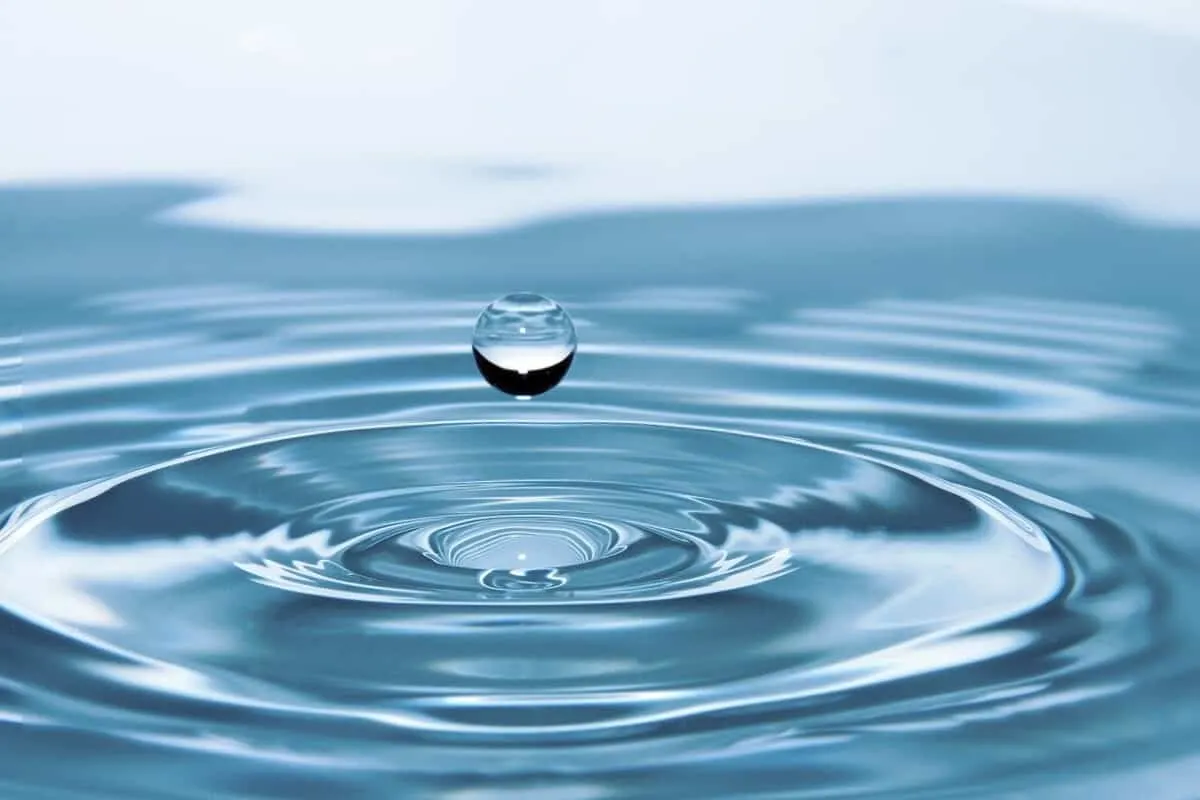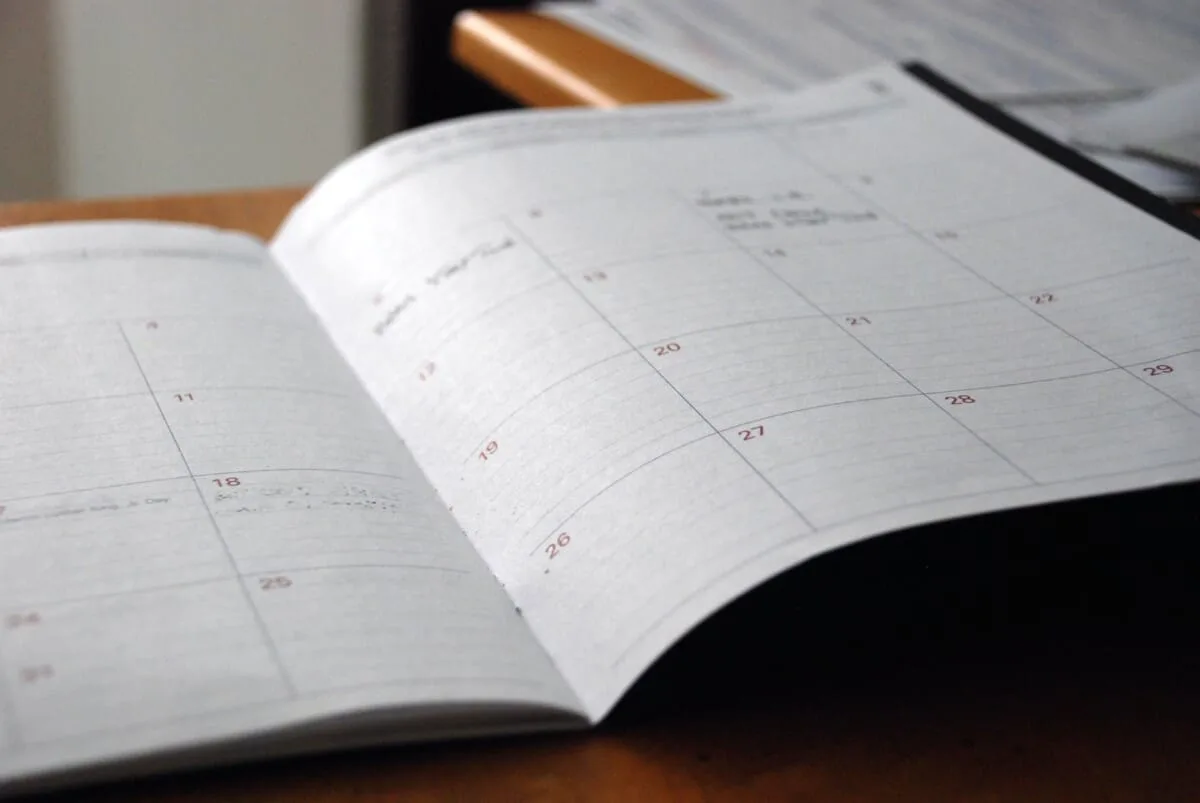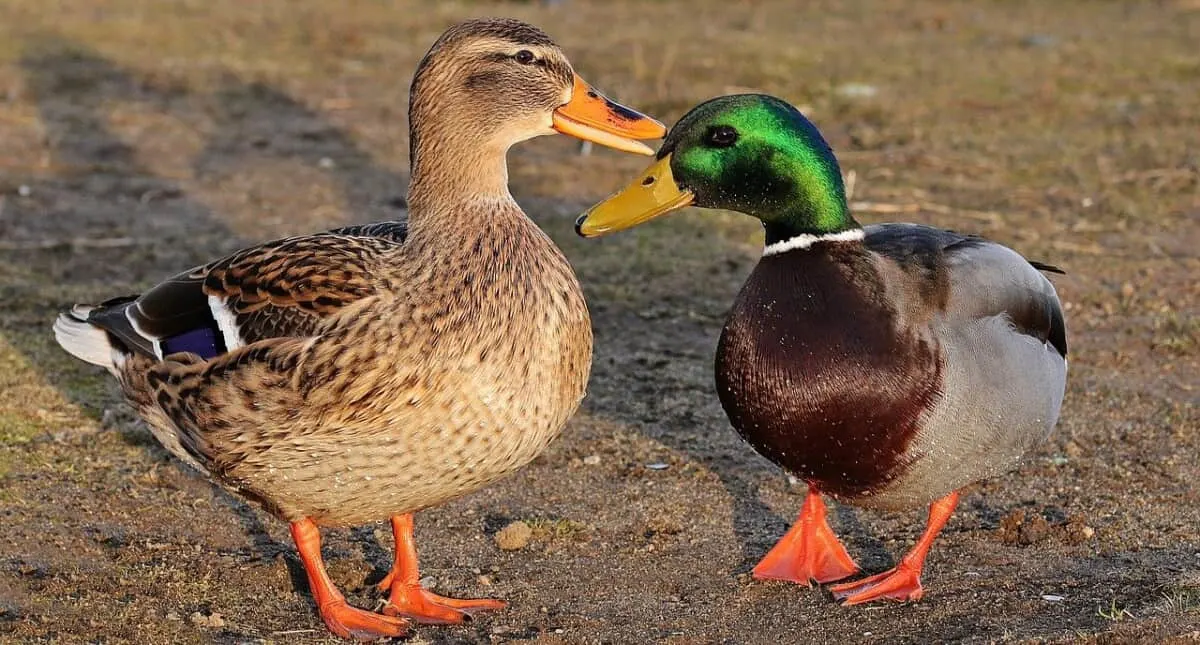There are loads of ways to say “thank you” in English, which can sometimes seem a little overwhelming. This is especially true as you try to figure out which expressions are the correct ones for any given situation. The expression “thank you both” is correct to use when you wish to thank two people. In …
School
Birds, those beautiful and sometimes terrifying creatures, have been fascinating the human species for thousands of years. Scientists are busy teasing out just how long birds have been on earth. Many learning the classification of animals might wonder, “Are birds mammals?” Birds are not mammals. Birds are vertebrates, classification, Aves. They walk on two legs, …
Health and safety concerns about what we eat and drink and the environmental impact of food are only a few factors driving the organic industry. While sales rise steeply, ambiguity remains about what organic means. For example, is water organic or inorganic? Water is an inorganic compound since it doesn’t contain carbon, nor was it …
There are subtle yet significant differences in the spelling of certain words in American English, and spelling the same words in British English. The words combating and combatting are examples of this distinct difference. In American English, the correct spelling is “combating.” When writing with the British English spelling, the correct form is “combatting.” Choosing …
My 16-year-old daughter told me that she receives loving text messages from her boyfriend on a daily basis. I asked her whether this included weekends and national holidays, so she looked at me and rolled her eyes. While she viewed my question as silly, what do we really mean by “on a daily basis”? Daily …
“Species” and “specie,” at first glance, appear to be the same word with one being the plural of the other. However, they have very different meanings. So then, what is the singular form of species? “Species” is not the plural form of “specie”. “Species” is a term that can be used both as a singular …






